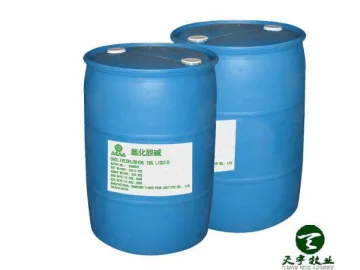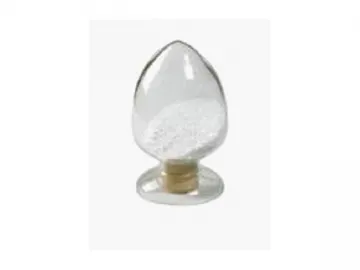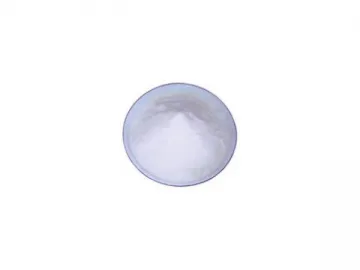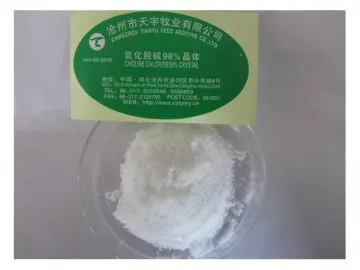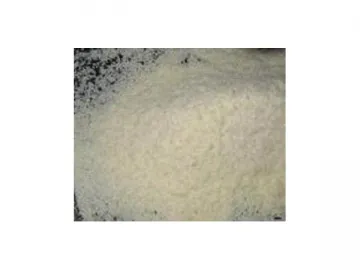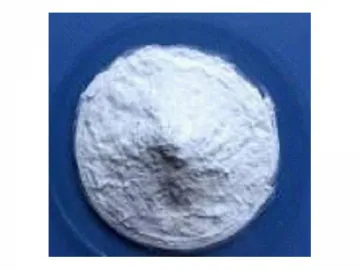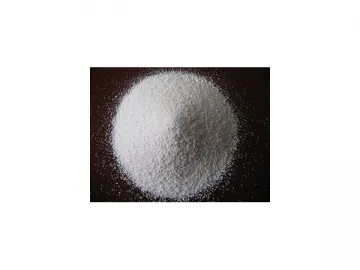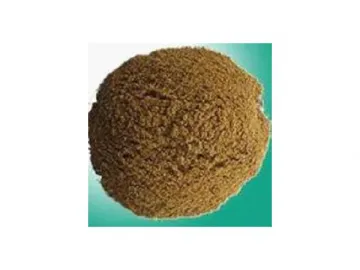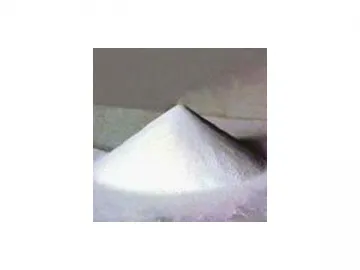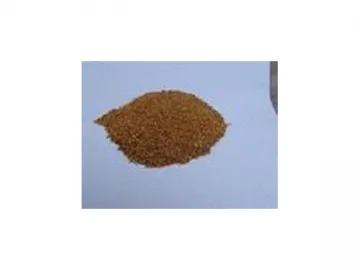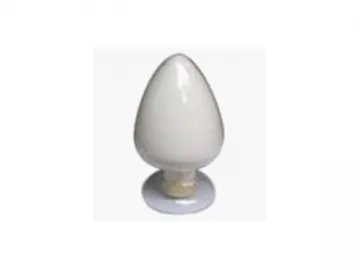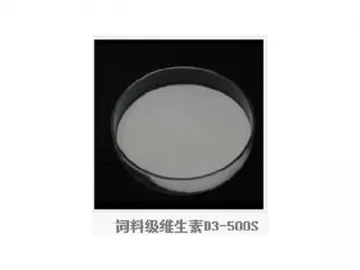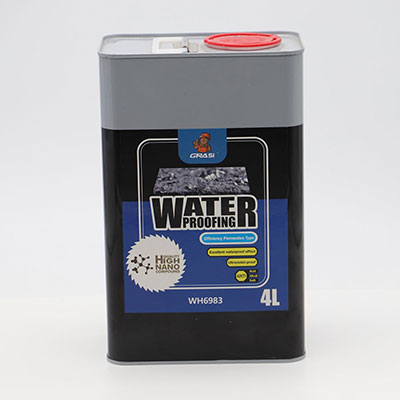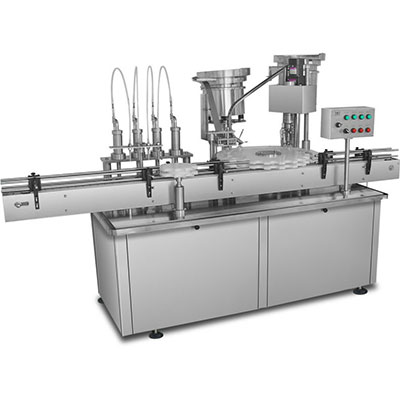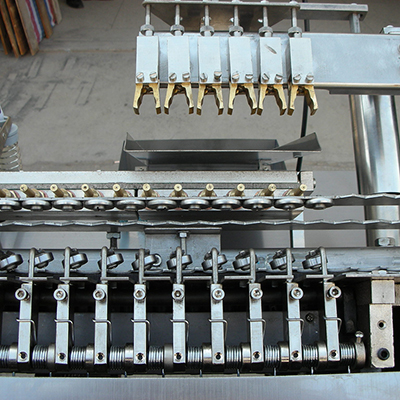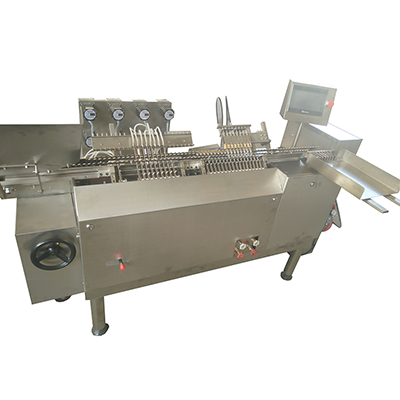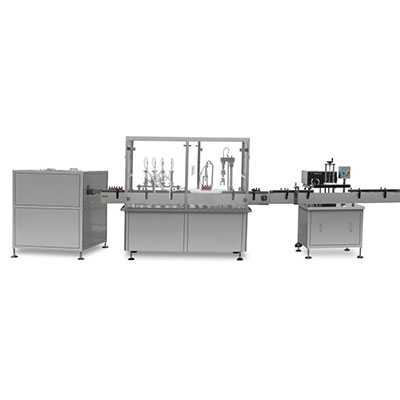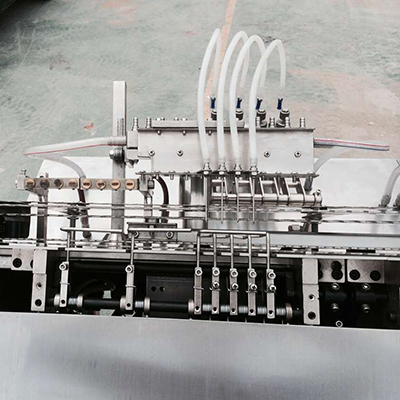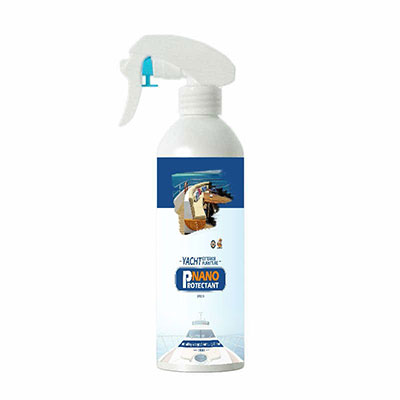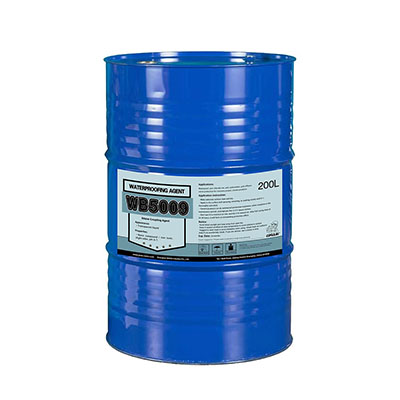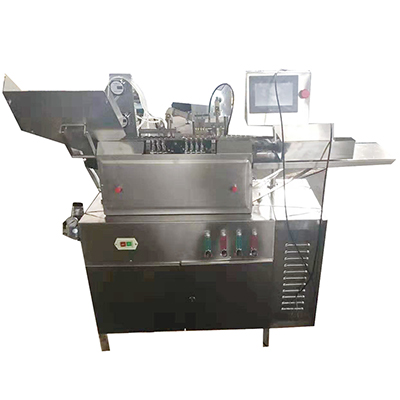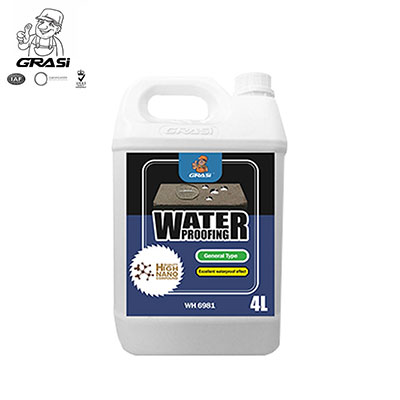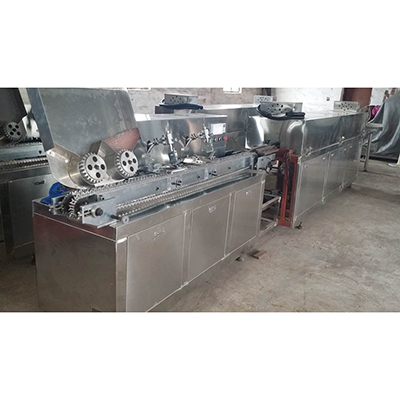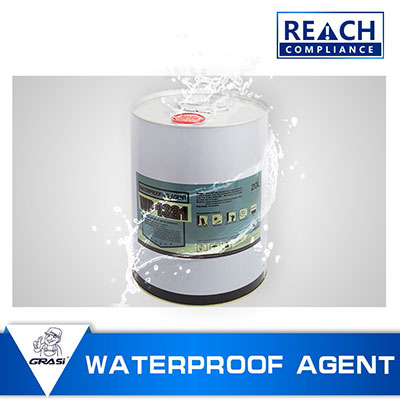Bentonite
Bentonite
Bentonite is an absorbent aluminium phyllosilicate.Its main constituent is montmorillonite,which is a very soft phyllosilicate.The water content of montmorillonite is variable and it increases greatly in volume when it absorbs water. Chemicallyit is hydrated sodium calcium aluminium magnesium silicate hydroxide (Na,Ca)0.33(Al,Mg)2(Si4O10)(OH)2·nH2O.Potassium, iron, and other cations are common substitutes, theexact ratio of cations varies with source.
Montmorillonite is used inthe oil drilling industry, also used as a soil additive to hold soil water indrought prone soils, to the construction of earthen dams and levees and toprevent the leakage of fluids. It is also used as a component of foundry sandand as a desiccant to remove moisture from air and gases.
Montmorillonite iseffective as an adsorptive of heavy metals. It is used as an anti-caking agentin animal feed, in paper making to minimize deposit formation and as aretention and drainage aid component. Besides, montmorillonite has also been used in cosmetics.
Bentonite has terrific physical andchemical properties, so it is very widely used in areas like metallurgy,petroleum, casting, food, chemical, environmental protection and otherindustries. Swelling property makes bentonite expand when wet, absorbing as much as several times its dry mass in water. Because of its excellent colloidal properties, it is often used in drilling mudfor oil and gas wells and for geotechnical and environmental investigations.The property of swelling also makes bentonite useful as a sealant, especially for the sealing of subsurface disposal systemsfor spent nuclear fuel and for quarantining metal pollutants of groundwater.Similar uses include making slurry walls, waterproofing of below-grade walls,and forming other impermeable barriers, e.g., to seal off the annulus of awater well, to plug old wells, or to line the base of landfills to preventmigration of leachate. Itis also used to form a barrier around newly planted trees to constrain root growthso as to prevent damage to nearby pipes, footpaths and other infrastructure.
Bentonite can be used in cement, adhesives, ceramicbodies, and cat litter. It is also used as a binding agent in the manufactureof taconite pellets as used in the steelmaking industry. Bentonite clay is also used in pyrotechnics to make end plugs and rocket engine nozzles.
Modern chemical processes to modify the ionic surface of bentonite greatly intensify its stickiness,resulting in remarkably dough-like yet strong casting sand mixes that stand upto molten metal temperatures. The self-stickiness of bentonite allows high-pressure ramming or pressingof the clay in molds to produce hard, refractory shapes, such as model rocketnozzles. Bentonite also has the interesting propertyof adsorbing relatively large amounts of protein molecules from aqueoussolutions. Therefore, it is uniquely useful in the process of winemaking, whereit is used to remove excessive amounts of protein from white wines.
Bentonite can also be used as a desiccant due to itsadsorption properties. Bentonite desiccants have beensuccessfully used to protect pharmaceutical, nutraceutical and diagnostic products from moisturedegradation and extend shelf life. In addition, bentonite has been prescribed as a bulk laxative,and it is also used as a base for many dermatologic formulas.
The bentonite shouldbe stored in cool, ventilated place where it can be kept from water as well asthe high temperature. The product is packed with P.P .bag, 50kg in one bag.
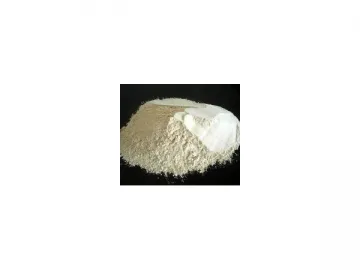
Links:https://www.globefindpro.com/products/91528.html
